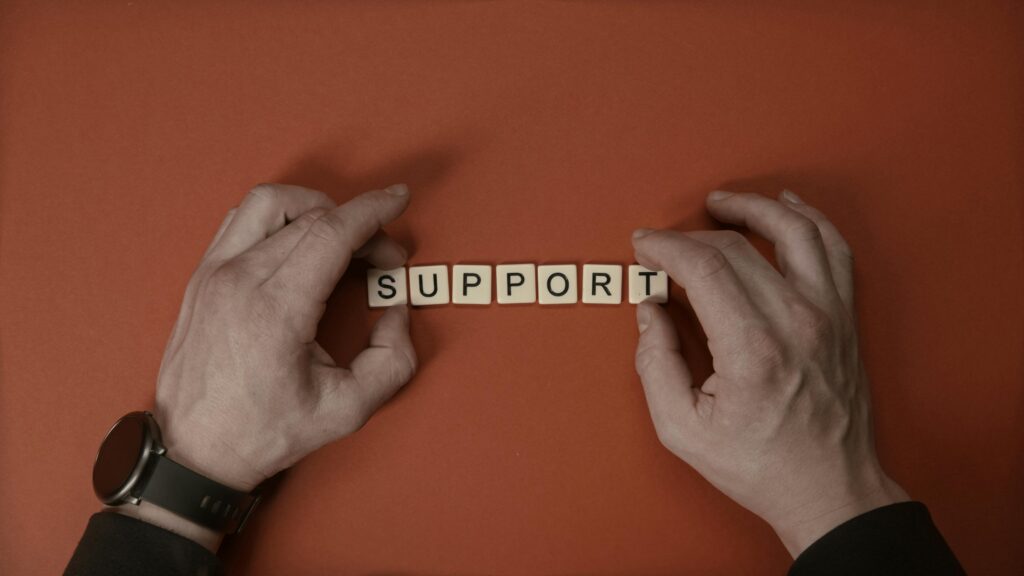I Tried To Stop Myself
It started in high school. I was a little shy, but when I had a beer or two, I could be funny and outgoing and have more fun at social events. Sure, I got drunk a few times, but who didn’t? College was even better. There were keg parties and mixers and I never went to a party where I didn’t drink. It made life so much better. Dental school was more demanding, but we had parties almost every weekend where the alcohol was flowing, and I didn’t let it get in the way of school. When I started my dental career, I could afford to have a top-shelf liquor bar and socialize with my new colleagues who also drank. I got in the habit of coming home from a hard day at work and having a cocktail every night. I thought I was living the dream.
Having one drink at night led to having several drinks at night. I didn’t think much about it. I would drink at home before I went to social events so I could be loose and funny and feel accepted. I never went to work with a hangover. But my wife thought I was drinking too much. I would rather stay home over going out with our friends because I wanted to drink, and our friends didn’t drink like I did. She started to complain that we didn’t go out like we used to, but I didn’t care. It got to the point that I couldn’t wait to get home from work so I could drink. I thought about it at work and couldn’t wait until the weekend came so I could do what I wanted to do, which always involved alcohol. I finally decided I would cut back, but after a week or two of only having one cocktail at night, I gradually had 2 or 3 until I was right back where I was before. I would say, “Tomorrow I’m definitely not going to drink,” only to crack open a bottle as soon as I got home. A friend of mine suggested I might try a twelve-step program for alcoholics, but I knew I wasn’t an alcoholic. I also didn’t want to be seen at a meeting with homeless people who lived under the bridge and couldn’t control their drinking. After several attempts at quitting, I finally admitted I needed help. My marriage was in shambles, I wasn’t able to stop even though I wanted to, and I was at my wits end. I decided to check into a rehab facility. It was there that I was finally able to admit that I was an alcoholic and I wanted and needed help. That’s when my life changed.
In rehab, I learned that countless others had tried to quit on their own but were unsuccessful until they admitted their powerlessness over alcohol and sought help from other alcoholics who had found a way to live without drinking. That meant getting support from others in recovery through meetings, getting a sponsor, and working the 12 steps. I was encouraged to join the NCCDP as a way of networking with dentists who were in recovery and were living a life without alcohol.
I joined the CDP voluntarily and found that the program helped me to stay sober. I don’t think I could have done it without the CDP. The temptation to “just have one drink, no one will know” was too great. CDP helps me stay accountable and maintain my sobriety. I also made a lot of new friends who were recovering from alcoholism and drug addiction. And these were people with integrity who were good clinicians, willing to lend a helping hand, and were genuinely happy. I learned the value of helping others, be it patients who couldn’t afford dental care or colleagues who were new to the CDP program and needed guidance.
Today, I am grateful today for my recovery. I couldn’t have done it on my own, and I’m grateful the NCCDP was there to help.
A Grateful Recovering Dentist

